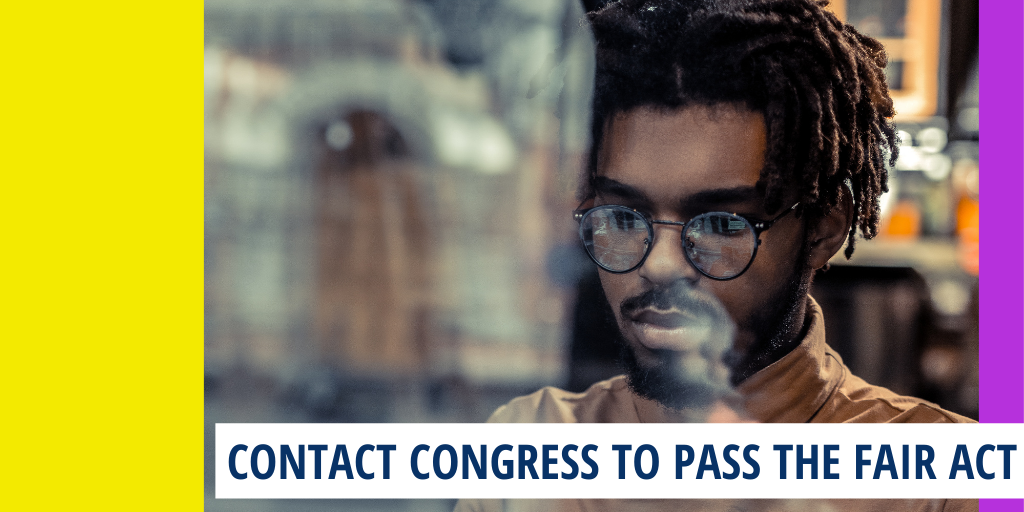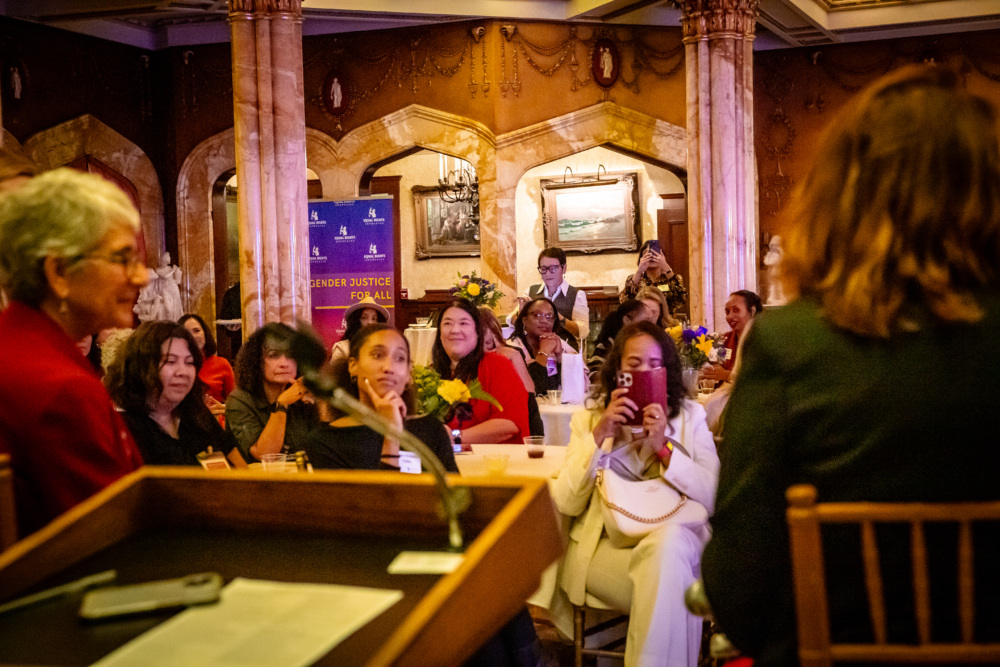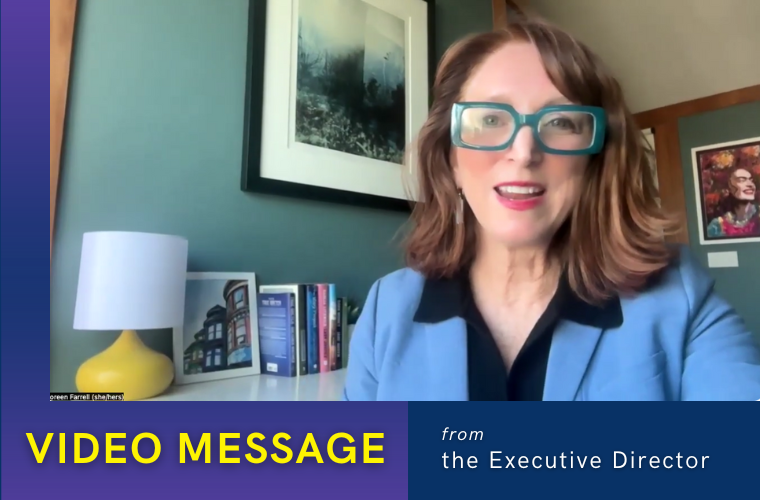

Invisible Injustice: How Forced Arbitration Stealthily Deprives Workers of their Rights
In the past several years, some state legislatures have introduced bills to prohibit employers from forcing employees from waiving their rights through arbitration. Meanwhile, at the federal level, the debate rages on. Here’s why state advocates should include ending forced arbitration in their policy agendas.
After years of sexual harassment at the hands of Fox News chair and CEO Roger Ailes, Gretchen Carlson finally decided to speak out. However, she was quickly confronted with the reality that millions of other workers face: she had unknowingly signed a mandatory arbitration agreement when she was hired, and this meant that she was legally forbidden from challenging the sexual harassment (or any other workplace-related abuses she had suffered) in court. Instead, she would have to bring her claims in arbitration – a private, often secret proceeding, overseen by a decision-maker who is not a judge, and who is often selected – and paid for – by the very employer who is accused of violating the law.
More than 60 million Americans are now bound by these agreements, which they were required to sign in order to get a job. This number has skyrocketed in the last decade as employers have realized the benefits of the process on their end.
Yet most people are unaware of what arbitration is or its harmful effect on the ability of workers (as well as consumers) to seek justice for harms they have experienced.
Forced arbitration takes away an individual’s constitutional right to a jury trial. Studies show that workers who are bound by arbitration agreements are less likely to assert their rights at all. For those who do, they win less often and generally receive less money or other types of relief than they would have in court. Many worker advocates question the objectivity of the arbitrators (I.e., the decision-makers) in these proceedings, as they are often “repeat players” who oversee multiple arbitrations for the same employer every year, posing an inherent conflict of interest. In effect, the cards are stacked heavily in favor of the company.
Forced arbitration is particularly harmful in the context of sexual harassment because it is conducted behind closed doors and therefore allows employers and harassers to avoid any public awareness or scrutiny. In response, seven states have passed laws limiting forced arbitration to ensure that employers cannot escape accountability including, most recently, New York, New Jersey, Illinois, and California. At the federal level, the Fair Arbitration Injustice Repeal (FAIR) Act was passed by the House in 2019 and would prohibit forced arbitration in consumer, civil rights, employment, or antitrust disputes. However, the FAIR Act has stalled in the Senate and some of the new state laws have been challenged in court.
The good news: as a result of worker and student organizing, as well as public pressure in the wake of the #MeToo movement, some companies and law firms have agreed to stopped using forced arbitration. It is imperative that public awareness about the harm of forced arbitration grows so that we collectively fight for stronger public policies to ensure that harassment and other wrongdoing are not shielded from public view, workers can come forward and seek justice, and corporations are held accountable.
Stay Connected & Take Action
- Get the Latest News & Information Sign up for Email Updates
- Sign Up for Action Alerts Join the Action Team
- Follow Us


